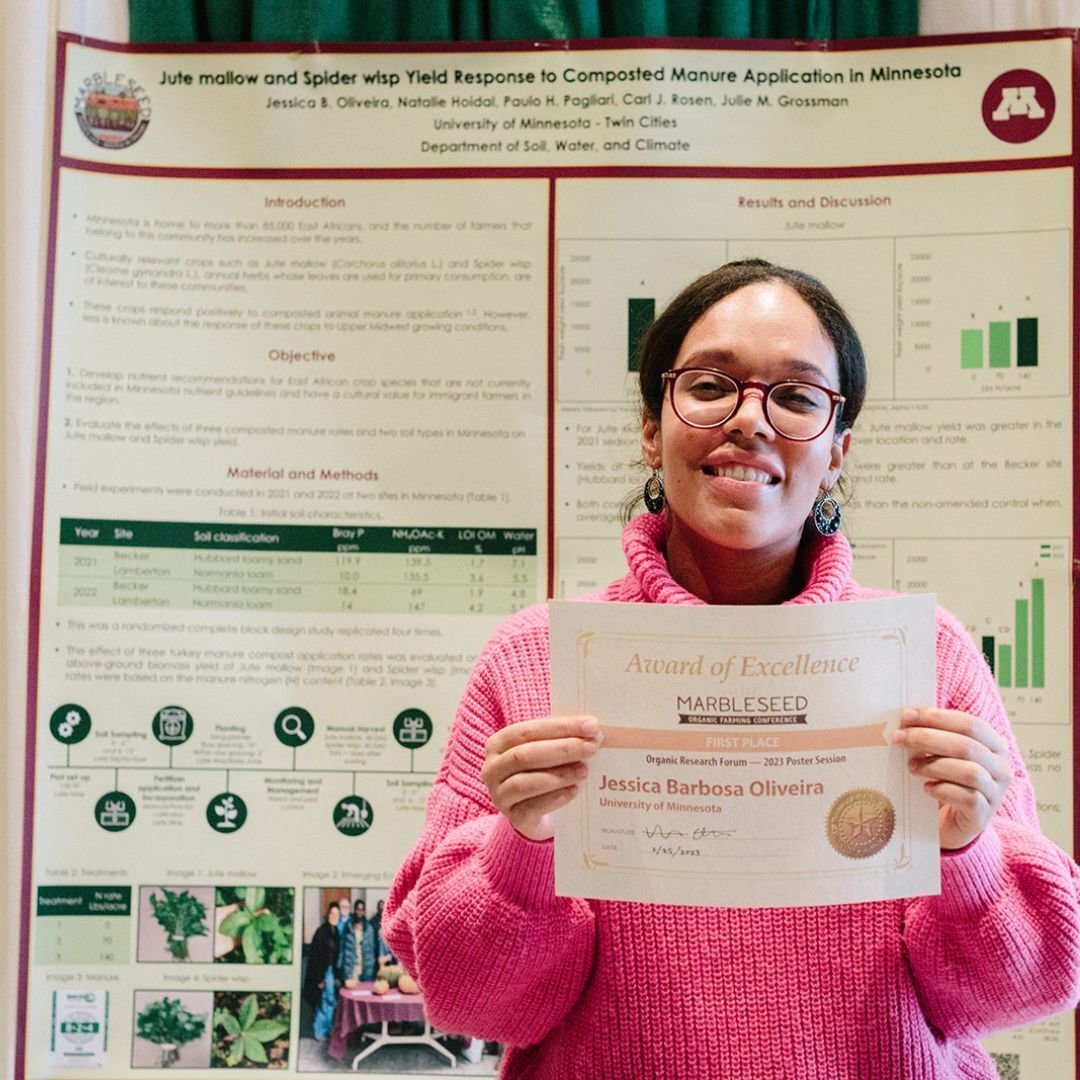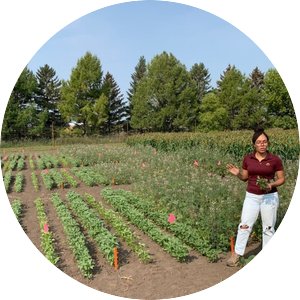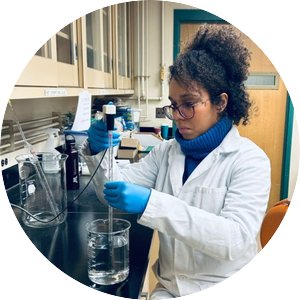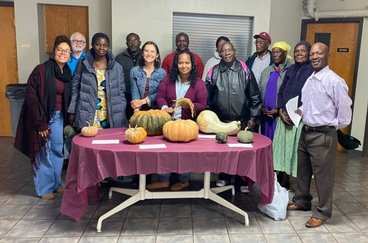Land and Atmospheric Science graduate student Jessica Barbosa Oliveira discusses her award winning research and her goals for the future.

As Jessica Barbosa Oliveira works toward her master of science degree in land and atmospheric science, she is developing nutrient guidelines for crops that are culturally relevant to Minnesota’s growing population of East African immigrant farmers. Her poster at the Organic Research Forum won first place at the 34th Marbleseed Organic Farming Conference.

Tell us about your research. What problems are you trying to solve? What approaches are you using in your experiments?
My research is in the area of soil fertility and plant nutrition, with my advisors Profs. Paulo Pagliari and Carl Rosen. This research aims to develop nutrient recommendations for jute mallow and spider wisp, East African crops that are not included in the Minnesota nutrient guidelines, and have cultural value for immigrant farmers in the state. This is an extension project and together with East African farmers we are evaluating the responses of these crops to organic fertilizer addition in different sites in Minnesota.

Why is your research important? What are the possible real world applications?
The ability of emerging farmers to successfully grow culturally relevant crops is critical to Minnesota agriculture. Emerging farmers lack the economic opportunities of more established farmers, and face substantially more barriers to success. All growers rely on research-based information about nutrient management, pest management, and variety selection to make basic day to day decisions about management, and these decisions affect their bottom-line. However, these recommendations simply do not exist for many of the crops that are important to emerging farmers in the state. That is why this research is extremely important here in Minnesota and also in the country as a whole since there is very little information on these crops here in the US.

What excites you about your work? What are your next steps, in your research and on your professional path?
I love working on this project because as a Black person I know the struggles of the Black community to get involved in agriculture and farming in the US. Through this project I feel that I am contributing to a change in this scenario. The next steps in my research is to finish my thesis and defend. I intend to continue in academia, pursue a PhD, and perhaps become a professor in the area of research and extension.
This conversation has been edited for length and clarity.
